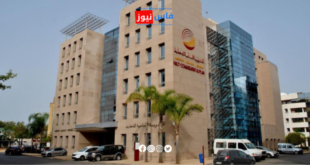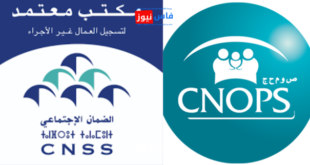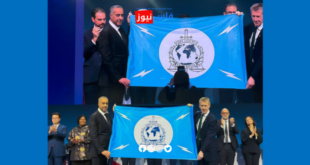In a significant move to enhance security and protect citizens, the Moroccan government has announced new measures requiring telecommunications companies to identify all subscribers to their services. This decision aims to stop the use of anonymous phone numbers, which are often used in criminal activities such as fraud and scams.
Mrs. Ghita Mezzour, the Minister Delegate in charge of Digital Transition and Administrative Reform, stated during a session at the House of Representatives on Monday that the National Telecommunications Regulatory Agency has taken several measures to combat the spread of anonymous phone cards. One of the most prominent measures is issuing a decision mandating the identification of mobile service subscribers.
The minister explained that the new decision requires telecom companies to create a comprehensive database containing information on each subscriber, including full name, identity card number, and subscription start date. Companies have been given a three-month deadline to implement these procedures.
Mezzour emphasized that after the specified deadline, companies will be obligated to suspend all numbers that have not been linked to correct identity information. She indicated that the government is working closely with service providers to ensure effective implementation of the decision, adding that a large number of anonymous numbers have already been suspended in recent weeks.
This step is considered part of the Moroccan government’s ongoing efforts to improve digital security and protect citizens from cybercrime, thereby enhancing trust in the telecommunications sector and contributing to the development of a safer digital environment in the kingdom.
The minister also highlighted that this initiative comes in response to the proliferation of practices involving the circulation and distribution of anonymous phone cards. The new measures are expected to significantly reduce the risks associated with unidentified phone numbers, which have been a concern for national security and a facilitator of fraudulent activities.
This move aligns with global trends in telecommunications regulation, emphasizing the importance of user identification in maintaining public safety and preventing criminal activities. It also demonstrates Morocco’s commitment to modernizing its digital infrastructure while prioritizing security concerns.
 فاس نيوز ميديا جريدة الكترونية جهوية تعنى بشؤون و أخبار جهة فاس مكناس – متجددة على مدار الساعة
فاس نيوز ميديا جريدة الكترونية جهوية تعنى بشؤون و أخبار جهة فاس مكناس – متجددة على مدار الساعة













